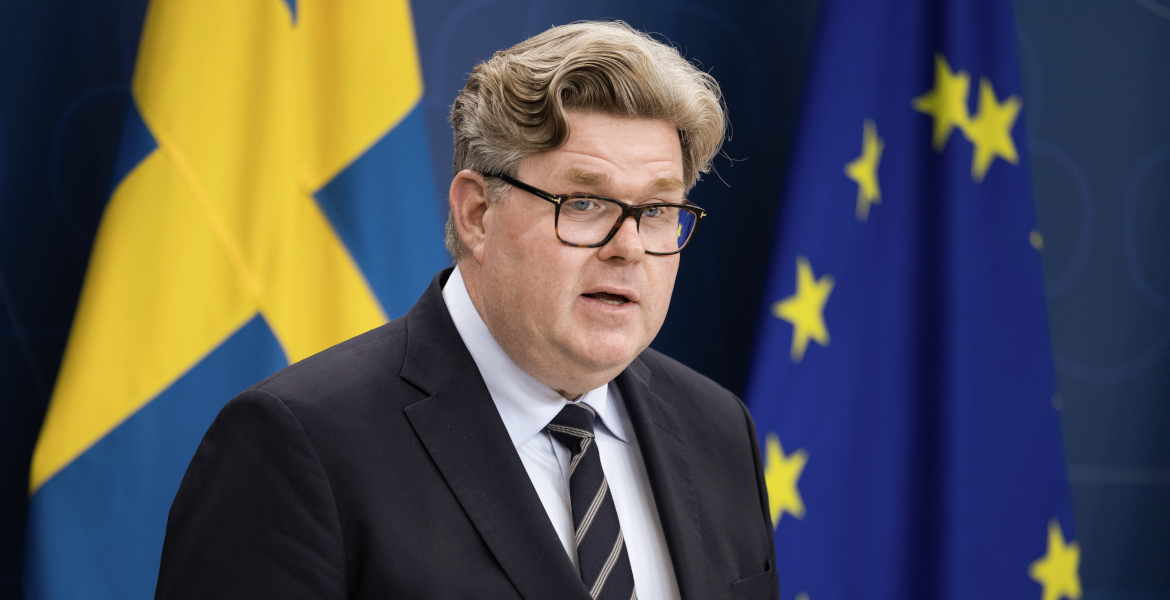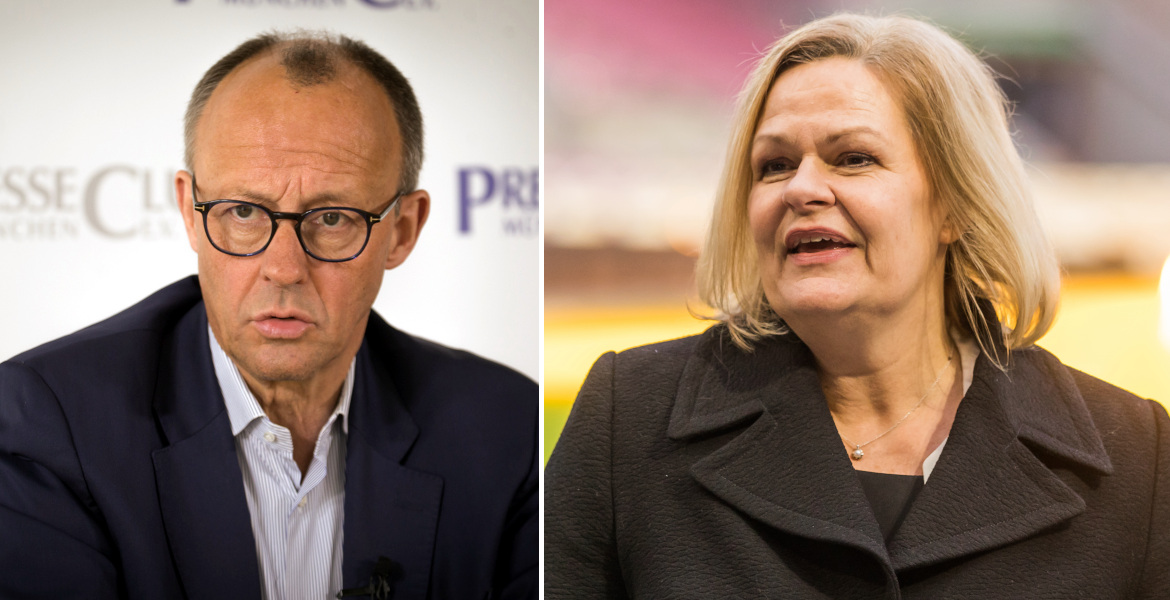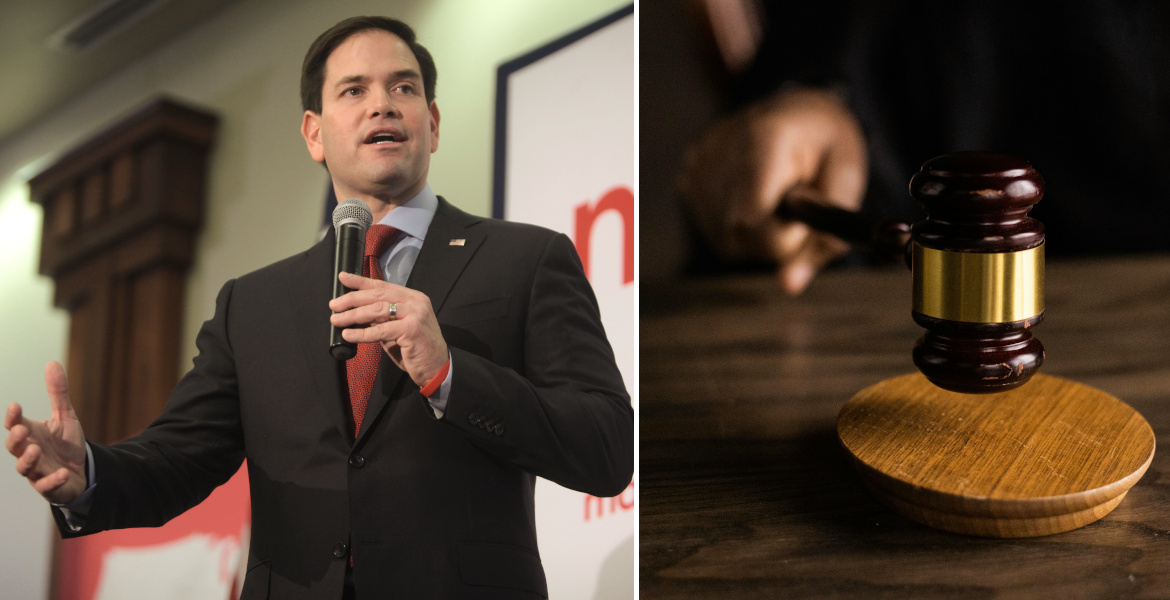The EU’s controversial CSAM regulation Chat Control 2.0 has once again gained support in the Parliament’s Justice Committee after a revised proposal was presented by the Hungarian Presidency. The proposal, criticised for opening up a new level of mass surveillance, gives authorities the right to monitor virtually all private communications.
It is still unclear whether it will be approved by all EU member states.
The EU Council of Ministers was due to vote on the controversial regulation this summer, but somewhat unexpectedly chose to postpone the vote.
Now, the Bonnier-owned tabloid Dagens Nyheter reports that a revised proposal has been produced by the Hungarian Presidency, and that the Parliament’s Justice Committee has again voted in favour of the proposal.
The proposal has been sharply criticised by IT experts, politicians and most human rights organisations, who believe that the regulation opens up for a whole new level of mass surveillance society.
Since the proposal was first presented in 2022, it has been revised several times and even voted down by the European Parliament. It is still unclear whether the latest version will be approved.
The new proposal is very similar to the one previously presented by the Belgian presidency, which was also supported by the justice committee.
#chatcontrol är ett fruktansvärt övergrepp på dom mänskliga rättigheterna. Stoppa detta människorätts och barnkonventions kränkande förslag ! Som strider emot Korrespondenshemligheten, GDPR, datalagrings förbudet och delar av barnkonventionen. Stoppa #chatcontrol nu ! #svpol #EU
— mänskligarättigheter (@MrSweden2015) September 26, 2024
English translation of above tweet: “#Chat control is a horrible abuse of human rights. Stop this human rights- and CRC-violating proposal! It violates the Data Protection Act, GDPR, the ban on data retention and parts of the CRC. Stop #chatcontrol now! #svpol #EU”
The scales almost tipped in the Council of Ministers
According to IT security expert Karl Emil Nikka, the proposal has barely changed since last summer.
– In the proposal, text has been added both to authorise full-range encryption and to allow monitoring of full-range encrypted services. ‘They mean that images, videos and links should be searched before they are encrypted, which goes against the very purpose of encryption, he says in a comment to Swedish computer enthusiast site Sweclockers.
Parliament was not obliged to hold a vote on the revised proposal, as the previous version was passed, but the justice committee nevertheless requested a new vote.
The governing parties, the Moderates, the Christian Democrats and the Liberals, together with the Social Democrats, voted in favour of the proposal. The Sweden Democrats, the Centre Party, the Green Party and the Left Party voted against.
Not all EU member states have yet taken a position on the revised proposal, but according to Mr Nikka, it now looks like the proposal can go ahead.
– The blocking minority is close to falling. It may be enough for one more country to change its mind on the issue for the proposal to proceed to trilogue negotiations, says Nikka.
The Council of Ministers is expected to meet on 10-11 October, but it is currently unclear whether the Chat Control proposal will be on the agenda for discussion.









